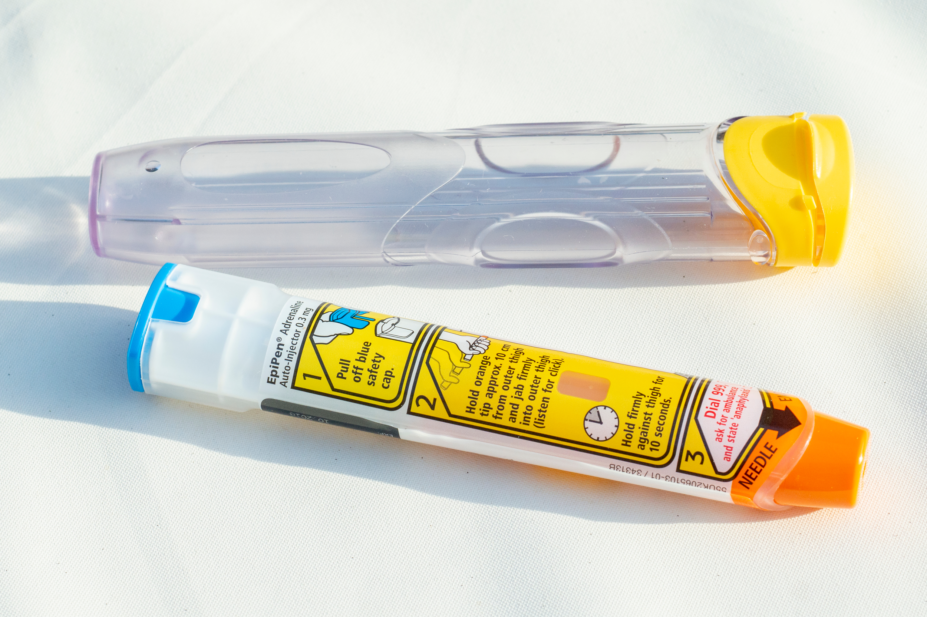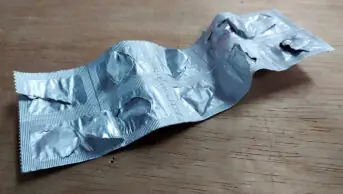
Shutterstock.com
Supplies of adrenaline auto-injectors for children are now “critical” and are being rationed with new national guidance for community pharmacists being introduced across England on 17 October 2018.
Children who weigh 25kg or less who have the “greatest short-term need” should have first call on any 150μg adrenaline auto-injector products available, according to the new protocol from the Department for Health and Social Care (DHSC).
Pharmacists are being asked to go through a list of questions with parents or carers before supplying the product to ensure that these priority patients have at least one “in-date” product.
In a statement, the DHSC said: “The dispenser validation protocol should allow pharmacies to deduce whether a prescription should be fulfilled, partially fulfilled or supply should be delayed”.
According to the protocol, the priority is for children weighing less than 25kg to have two 150μg auto-injectors.
Those children who fall into this category who have no other supplies should be given two in-date products.
However, if a child already has another product which is out-of-date but which does not contain precipitate or is discoloured, then the pharmacist should supply just one additional auto-injector.
In cases where a child has one in-date product but no other supplies, then another auto-injector can be supplied. If a child already has an in-date product and a back-up out-of-date product (which does not contain precipitate or is discoloured) then the supply of a second product should be delayed. If a child has two in-date products then the supply should also be delayed.
In cases where a pharmacist can only partially fulfil the prescription, they are being advised to tell patients to return to their prescriber for another one when they no longer have two devices or the supply issues ease.
The DHSC has produced a letter for GPs and pharmacists to give to patients for reassurance which explains the issues behind the shortages.
The shortage of EpiPens was first highlighted in May 2018 when the UK supplier Mylan identified shortcomings owing to manufacturing problems. Pharmacists have been attempting to manage the limited supply for some months since then.
Thorrun Govind, a pharmacist and member of the Royal Pharmaceutical Society England board, welcomed the national protocol. “It’s good to have national guidance, because until now we have just been asking patients when their supply is due to run out and sharing the products that we have got,” she said.
“It’s a difficult situation and these guidelines make it much easier for us now in terms of the conversations we have with patients. There is a lot of emotion around this as you are talking about life and death and many patients have only ever used the same device.
“Pharmacists are the experts to provide patients with advice on how to use auto-injectors, particularly in explaining to patients how to use alternatives should they be switched.”
The products which come under this new protocol are EpiPen Junior 150μg, Jext 150μg and Emerade 150μg auto-injectors. It does not apply to 300μg or 500μg strengths.


